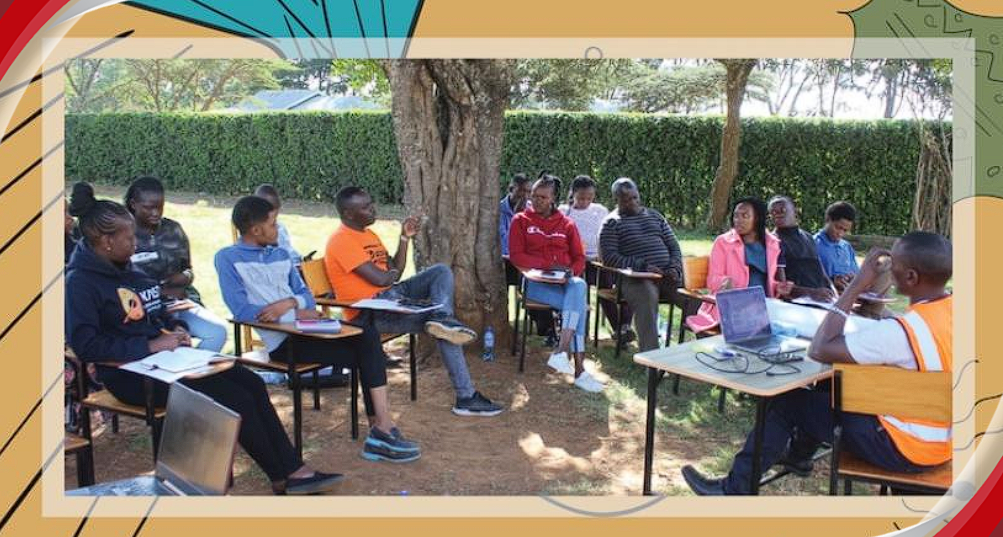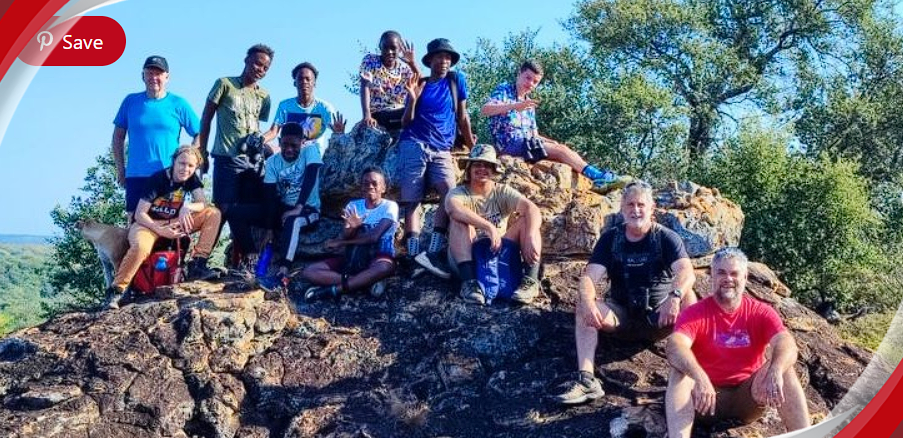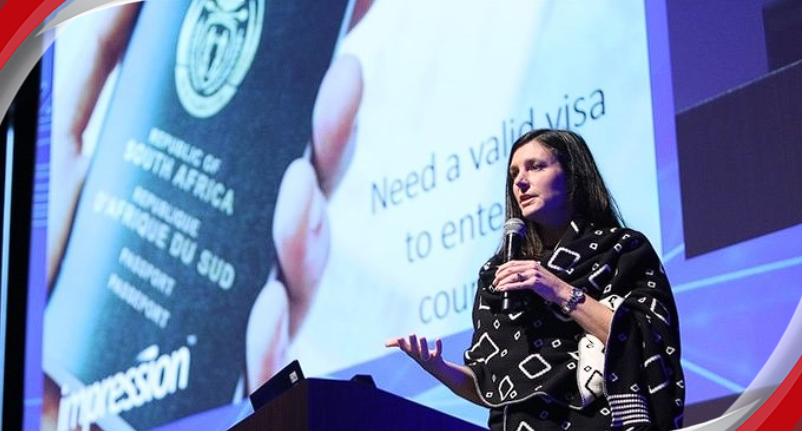Articles
Empowering Children: Teaching Consent, Belonging, and Identity for a Brighter Future
-
1 year ago
The youth population in South Africa is growing. You would assume this means a future workforce of income earners with buying power, but the reality is quite different.
Half of the South African population is youth below the age of 34, and the unemployment rate for 15-24 year old’s is currently an alarming 60.7%. Unemployment is just one weighty burden facing the country’s youth, with adolescent girls and young women facing far more challenges. These girls and young women are disproportionately affected by gender-based violence, with 116 rapes reported daily, 200 women diagnosed with HIV per day and 291 live births daily from girls aged 10-19 years, driven by financial dependency and exacerbated by gender inequality and societal norms.
Young women are often given the responsibility to financially support their households, having to be single mothers whilst still being children themselves, and having the added burden of financing their own necessities like sanitary wear, data and transport.
Without real action, this situation will only worsen. So, the real question is: will Big Brands join the efforts in combatting these systemic issues, in so building a financially independent and empowered future consumer base, rather than one with short-term buying ‘power’?
The growing youth population should represent a sizable consumer audience for Big Brands, but plagued by the challenges they face – particularly those faced by the female youth – this audience is increasingly unable to evolve their earning potential, with a deteriorating future outlook.
Big Brands have sizable CSI budgets and with a subtle shift in approach, they could easily be part of both the immediate and long-term solution; helping to overcome the numerous challenges facing this cohort; but also uplifting them for future potential as individuals and consumers. Recognising that there are brands that do, a stronger collective public-private approach is still needed.
Your brand has power, beyond what you think
Currently public health departments and local South African NGOs are responsible for keeping the youth healthy and now, in addition, they are trying to create opportunities for the youth to become financially independent from their circumstances.
These daily support efforts are ongoing as there is often shame, judgement and stigma when young females try to access free services for the prevention of pregnancy, HIV and to understand or report abuse. However, the public sector cannot do it alone; we need the reach, aspirational power, and influence of Big Brands to make a real impact.
We need to collectively in one voice, advertise a new kind of ‘lifestyle’. By increasing awareness, de-stigmatising and normalising the conversation around sexual reproductive health and rights, we can empower young women to confidently access free services. It will take the public health sector considerably more effort to bring this message across on its own.
Young women need essential items to support their health, education, and a self-sustainable livelihood. This includes access to sanitary wear, economic assistance for single mothers, data and smartphones for accessing platforms providing support, building knowledge and community, and connecting to opportunities. By providing these necessities, we can help young women focus on their growth, foster their independence, and navigate the challenges of life more effectively. Supplying these basic resources has the potential to greatly enhance their quality of life.
As a Big Brand, if your brand’s consumer set includes young women, please understand the very real challenges they face; the same challenges that hinder their current and future engagement with your brand. There is so much power and potential in working towards this goal together and so we call on all brands to get involved and invest in the youth and in the future of the country. When considering your brand strategy, please consider what a five-year plan looks like for a young woman, your current and future customer.
By changing the life of a girl or young woman, we can change the life of a family, a community and ultimately a society. The youth are South Africa’s most important asset and focusing on their necessities not only benefits society as a whole but also makes good business sense for the future of Big Brands. We look forward to making positive change a reality, together.
Op:Ed by Zonja Penzhorn, Head of Marketing at Shout-It-Now
Related Articles Posts
Categories
Popular Post
-
 SA’s IT spend to outpace GDP growth 1 year ago
SA’s IT spend to outpace GDP growth 1 year ago -
 Vodacom, Netstar launch free in-taxi Wi-... 1 year ago
Vodacom, Netstar launch free in-taxi Wi-... 1 year ago -
 South Africa under pressure to fill cybe... 1 year ago
South Africa under pressure to fill cybe... 1 year ago -
 Organisations with a strong employee val... 1 year ago
Organisations with a strong employee val... 1 year ago -
 Joint policy-in-action event highlights... 1 year ago
Joint policy-in-action event highlights... 1 year ago -
 Boost your digital transformation journe... 1 year ago
Boost your digital transformation journe... 1 year ago








